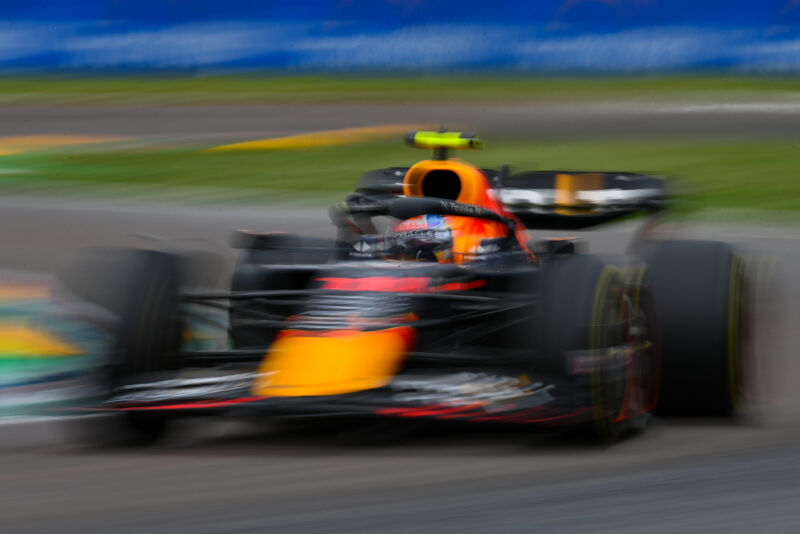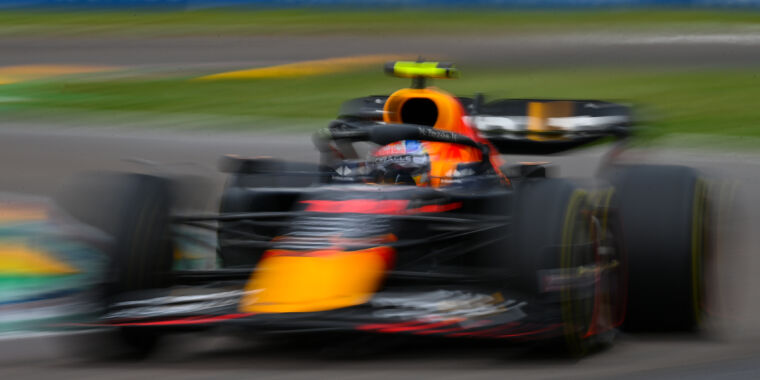
Rumors that Volkswagen Group is poised to enter Formula 1 have circulated for years. Every few months, often in a European car magazine, we'll read about an unnamed VW Group board member who says it's happening, then it all goes quiet for a few more months. But now it's really for real, says VW Group CEO Herbert Diess, as the 2026 rule change offers the perfect opportunity.
For a while, VW Group moving to F1 barely even made sense. The two high-technology, high-engineering brands in the group—Porsche and Audi—were both already spending F1-sized budgets to compete against each other in sportscar racing. That's a far more road-relevant form of motorsport, and one where both companies proved new technology that's now commonplace in their road cars.
But then Dieselgate happened, and Audi's diesel-powered hybrid Le Mans conquerer had to go. A year later, Porsche's even faster hybrid program was shuttered, having won everything there was to win. Across the group, brands scaled back their motorsports programs, focusing on electric ones like Formula E and VW's Pikes Peak champion.
That never stopped the rumor mill, though, and VW Group was a regular attendee as F1's stakeholders have sat down to discuss the sport's technical future. That comes into being in 2026 with a new, less complicated powertrain that ditches electrical harvesting as the turbocharger spins in favor of a more powerful regenerative braking. This is believed to have been a condition of VW Group's entry.
But we also cannot dismiss the Drive to Survive effect. Over the past four years, the Netflix docudrama has elevated F1's popularity immensely, particularly in the US.
"You can't get into Formula 1 unless a technology window opens," Diess said in an interview released by VW. "You need a new engine development and to make the new engine development you need three or four years. We assume that in '26, '28, it will still be the biggest motorsport spectacle in the world, even more so than today. More in China, more in the USA than today, and this is also the largest marketing platform for premium vehicles," he said.
The biggest unanswered questions are what this F1 participation will look like. Porsche has been linked to Red Bull, which is now in the process of integrating the former Honda F1 engine manufacturing operation, now that the Japanese automaker has officially left the sport. But some rumors regarding Audi suggest that the brand wants to do more than just supply engines and would rather run an entire team. At various times Audi has been linked to McLaren, Williams, and Sauber.
It's also unknown whether both Porsche and Audi will each develop its own F1 powertrain or whether the two brands work together and just run with different nameplates.

